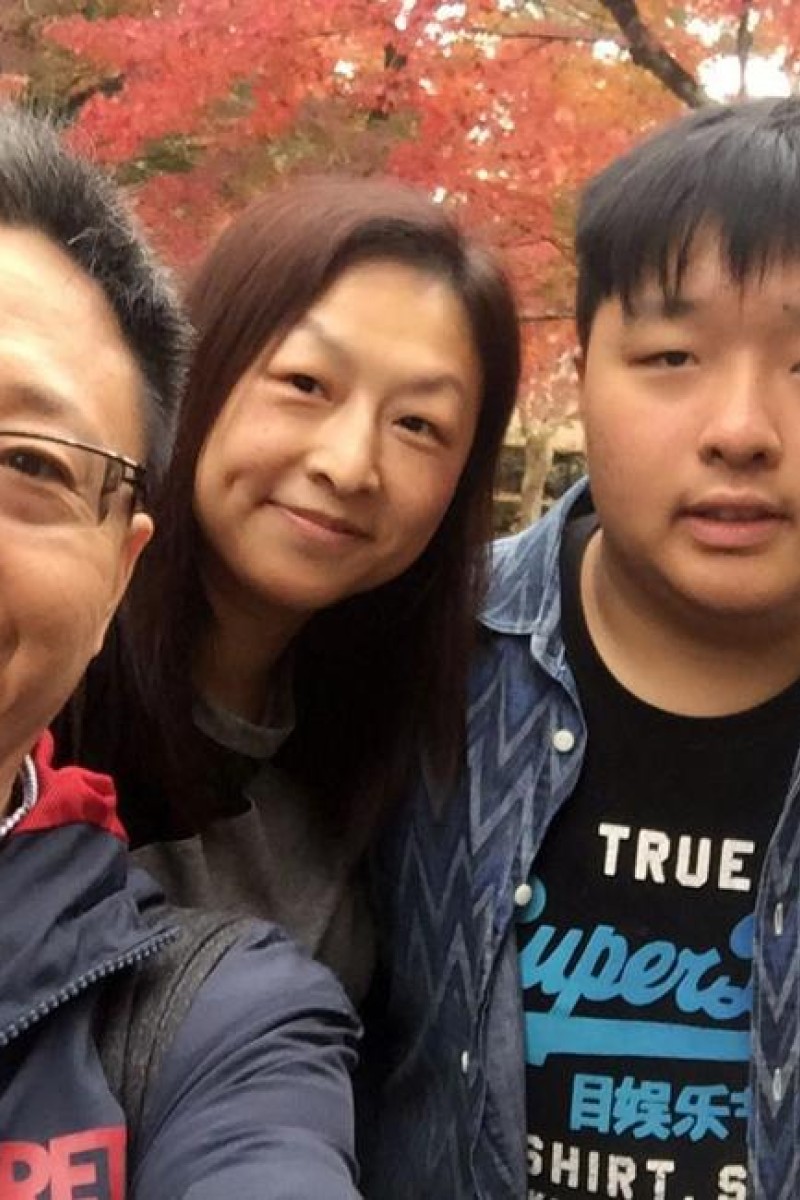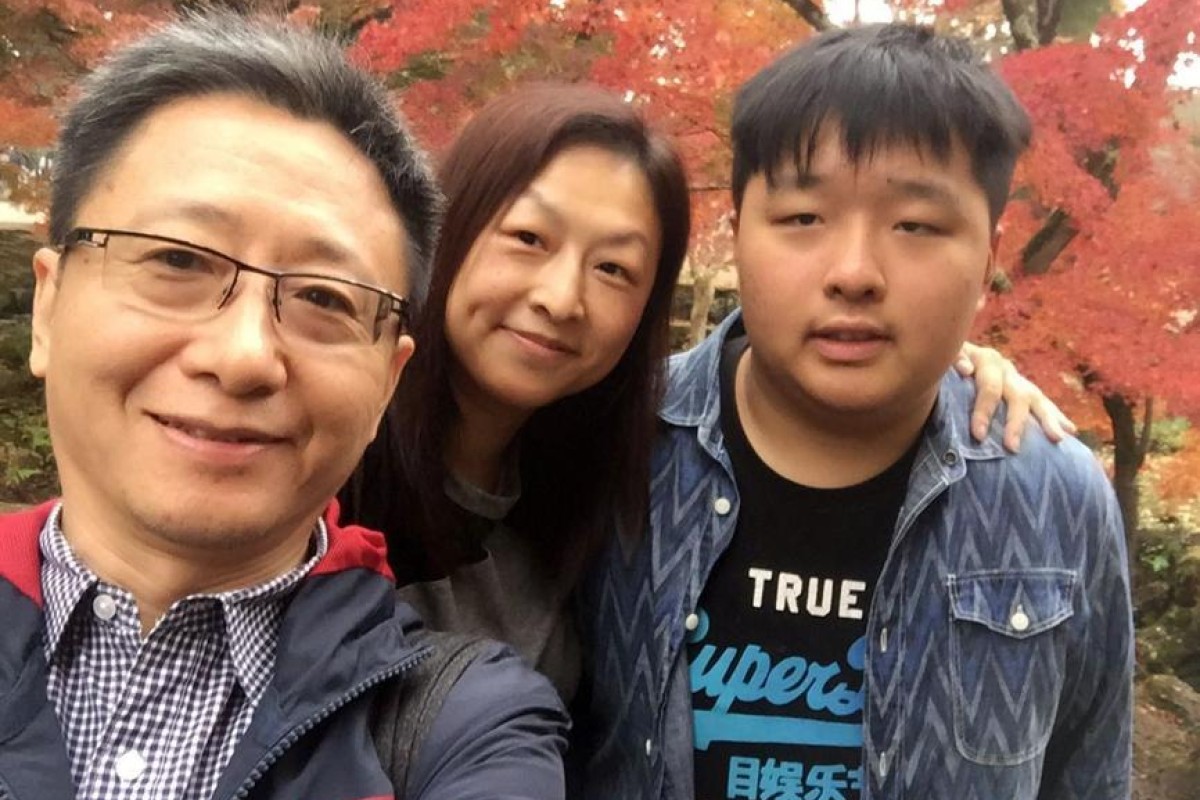
Since before he was two years old, Thomas Nick Xie Man-to’s mother has worked tirelessly to help him overcome his autism and find success in life

 Thomas and his family have gone through hard times but things are much better now.
Thomas and his family have gone through hard times but things are much better now.Sitting in the lounge, Thomas Nick Xie Man-to thinks hard about a maths problem, then scribbles down his answer. Like every other student in Hong Kong, the 15-year-old is busy doing homework.
But unlike many others, Thomas needs him mum by his side to support him while he writes. Every stroke is an ordeal for him, and he needs twice as long to finish his homework.
When it’s done, he lays down on the couch and sleeps, completely exhausted. After putting him to bed, his mum, Emily Cheung Kai-wai, sits down for a chat. Despite having spent the past hour holding Thomas’ hand while he wrote, she smiles and says: “I’m just doing my best to help my son.”
When Thomas was 18 months old, his grandma noticed that he was not playing with other children, nor was he responding to directions. His parents took him to a doctor, where he was diagnosed with autism and developmental coordination disorder. His mother was surprised, but she was determined to raise him as a normal child.
Thomas’ mother resigned from her job as a hospital nurse to take care of him full time. She read books, attended workshops and sought advice from professionals in hopes of finding ways to help Thomas. She even went through the trouble of making personalised learning tools for him. Because developmental coordination disorder weakens his muscles, she needs to help him with even the smallest things, like buttoning his shirt. From helping with his daily needs to attending class with him, she is with Thomas every step of the way. It’s taken a personal toll.
“Thomas had to receive all kinds of training, it was hard on him as well as for me,” says Thomas’ mum, recalling the days when she had him attend three speech training sessions a day. “I was constantly feeling down and helpless.”
“At that time, both my wife and Thomas were very frustrated,” says Thomas' dad, Dalton Xie. “I just did my best to help them, and offered support whenever I could.”
He chuckles as he describes his wife, saying that she is not one who gives up easily. Going from one specialist to another, she even flew to Taiwan in search of ways to help her son. Bit by bit, Thomas began to show progress.
“The day before my birthday, I told him that I would be very happy if he wished me a happy birthday,” she smiles, recalling fond memories. “The next day, he woke me up early and said: ‘Happy Birthday!’ I was so touched that he could finally use words to express his feelings.”
And even though simple things such as drawing a picture or playing basketball are still incredibly hard for him, all that hard work is paying off. At the end of his Form One year at STFA Seaward Woo College, Thomas came first in his grade, and received subject prizes in science, geography, computer and history.
“The awards came as a total surprise,” says his mum, looking proudly at the trophies and certificates. “He has experienced many failures, and now he can be assured that people recognise his efforts.”
Thomas also recognises the efforts of others. Recently, he wrote a letter to his parents to express his gratitude.
“I cried when I read it,” his mum says, touched by her son’s words. “He told me not to worry and that he will try hard. It is good if he can accomplish the goals we set, but the most important thing is that he tries his best.”
When asked about plans for the future, Thomas' mum smiled and said she does not worry for tomorrow. She only hopes that Thomas will one day be able to take care of himself and live independently.
She says that despite having met with challenges, Thomas has never complained about the situation he is in. “He accepts himself for who he is.”
Edited by Sam Gusway
